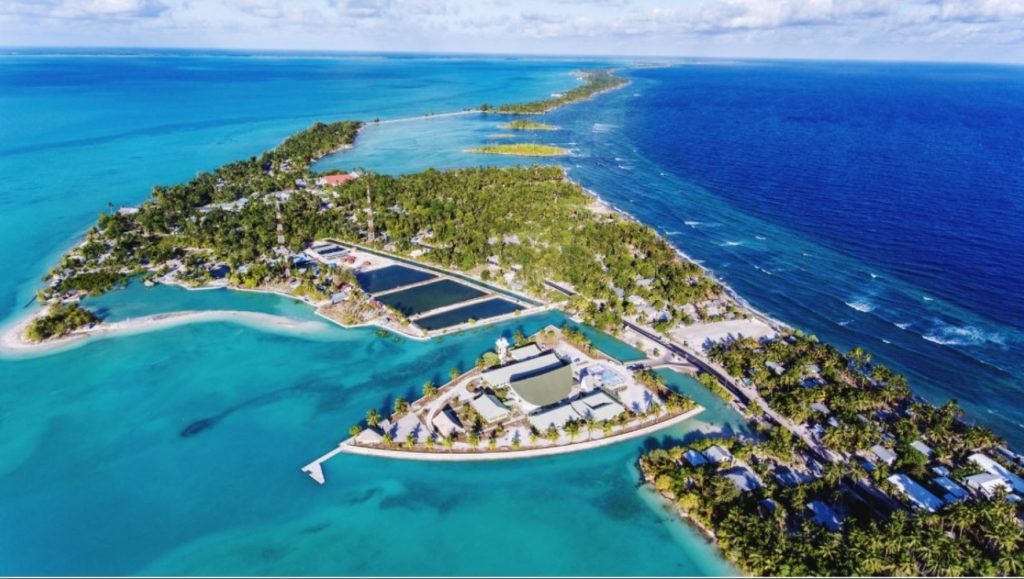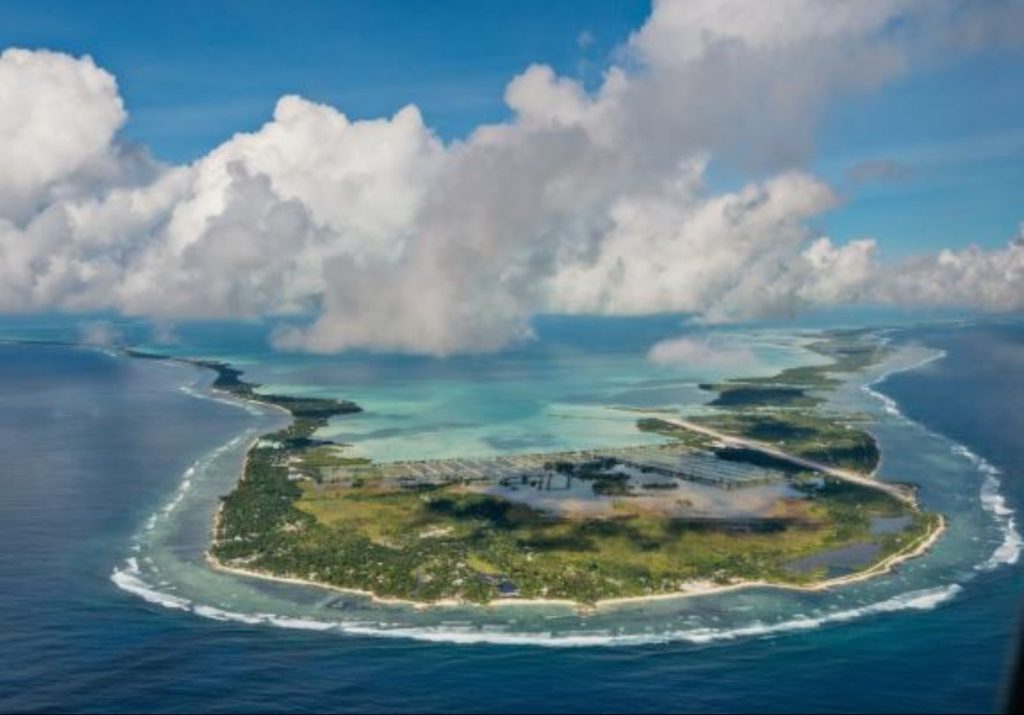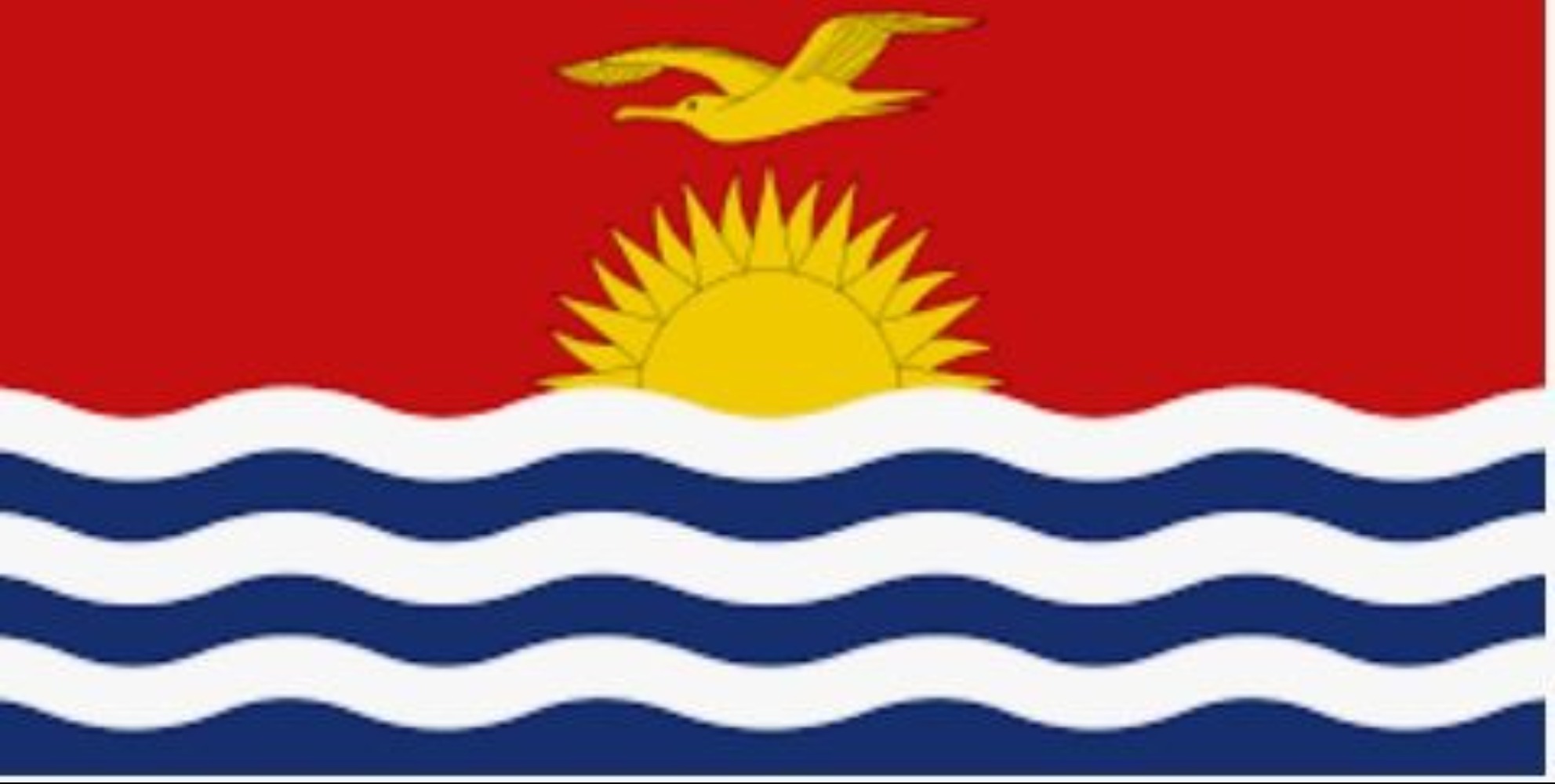Initiatives aimed at documenting traditional practices, preserving local languages, and promoting cultural exchange have gained momentum.

Officially the Republic of Kiribati is an island country in the Micronesia sub-region of Oceania in the central Pacific Ocean. Nestled in the heart of the Pacific Ocean, Kiribati stands as a testament to the delicate balance between nature and human habitation. To subscribe please click tau.id/2iy6f and access our live channel.
DON’T MISS: Taipei to witness unique New Year celebration
The state comprises 32 atolls and one remote raised coral island, Banaba. Its total land area is 811 km2 (313 sq mi) dispersed over 3,441,810 km2 (1,328,890 sq mi) of ocean. This island nation is not only a tropical paradise but also a frontline witness to the challenges posed by climate change.

Specifically, the Line Islands, located east of the International Date Line, are the first to see the new day. Kiritimati Island, the largest of the Line Islands, welcomes the New Year at 10:00 am GMT (3:30 pm IST), a full 24 hours ahead of the USA.
Following close behind are the nations of Tonga and Samoa, also in the South Pacific. These island nations ring in the New Year just one hour later than Kiribati. Interestingly, the tiny island nation of American Samoa holds the distinction of being the last inhabited place on Earth at 4:30 pm IST on January 1st.
Despite its small size, Kiribati is culturally diverse, with influences from Micronesia, Polynesia, and Melanesia shaping its unique identity. The people of Kiribati, known as I-Kiribati, are warm, friendly, and deeply connected to their land and sea.

The islanders’ reliance on the ocean for sustenance and livelihood is evident in their daily lives, as fishing remains a cornerstone of the Kiribati economy. However, the idyllic charm of Kiribati is overshadowed by the ominous threat of climate change.
Kiribati, with an average elevation of just two meters above sea level, is acutely vulnerable to the impacts of climate change, including coastal erosion and saltwater intrusion. In response to the imminent threat of rising sea levels, Kiribati has been exploring the possibility of relocation.




